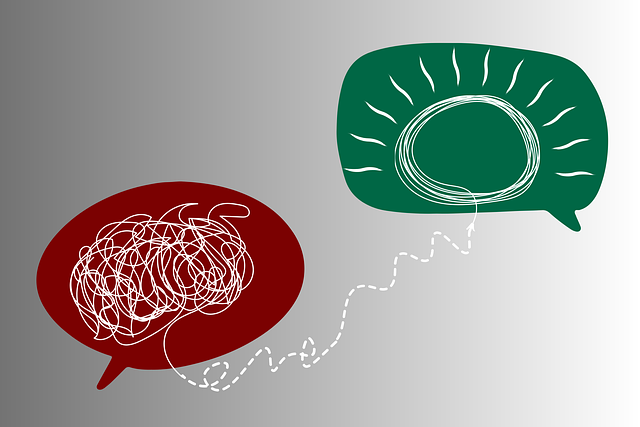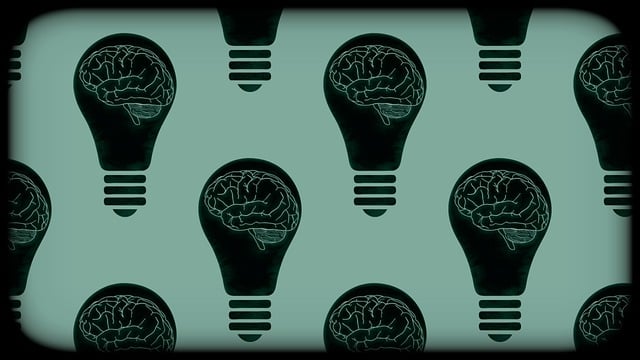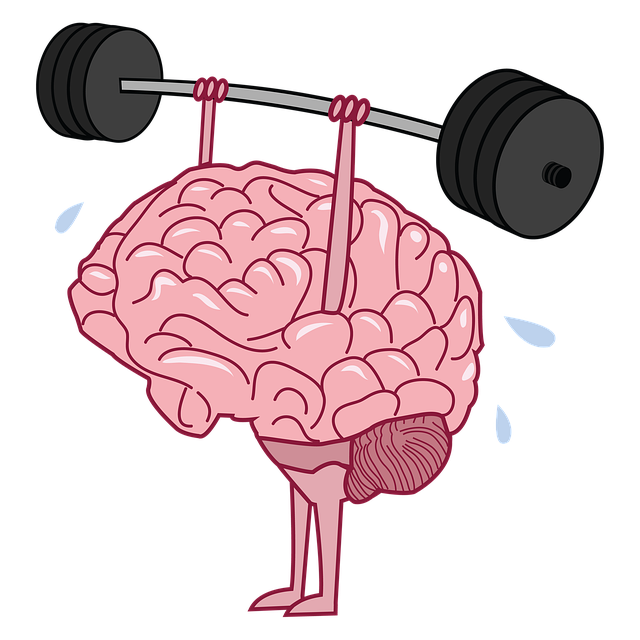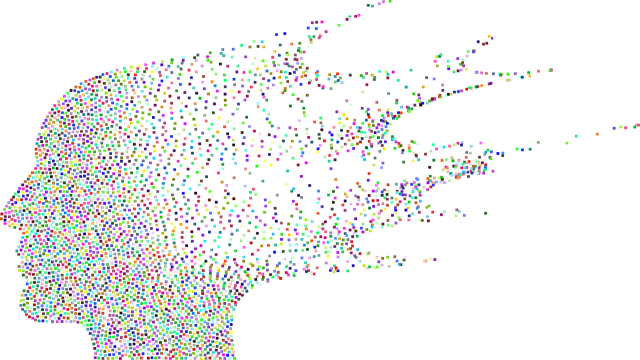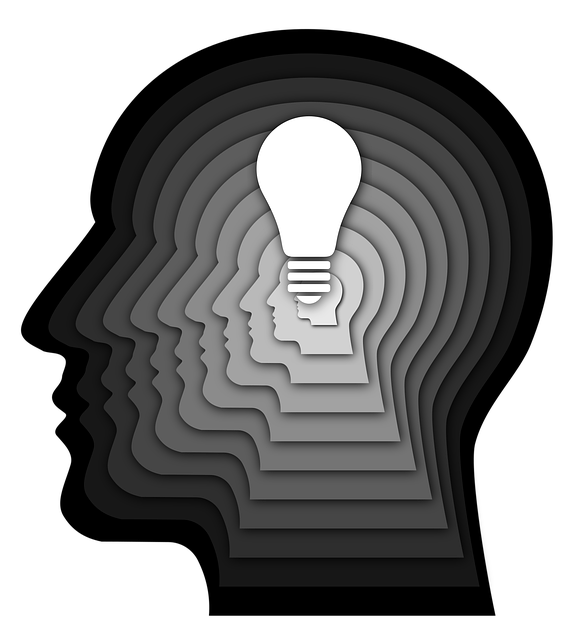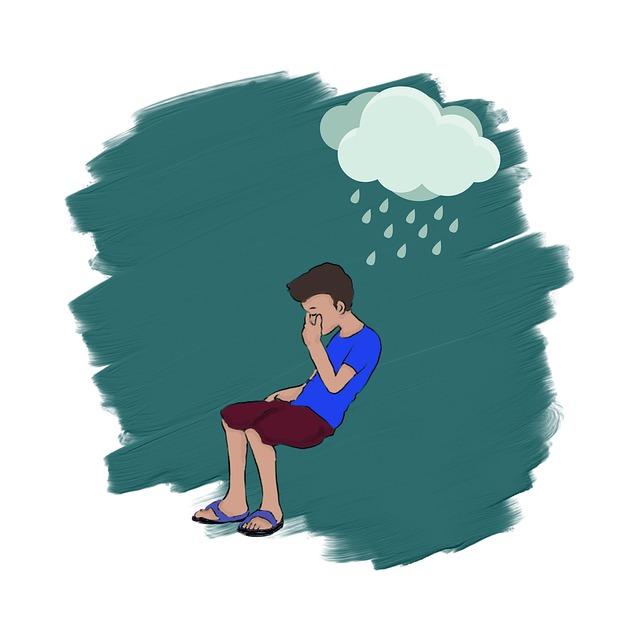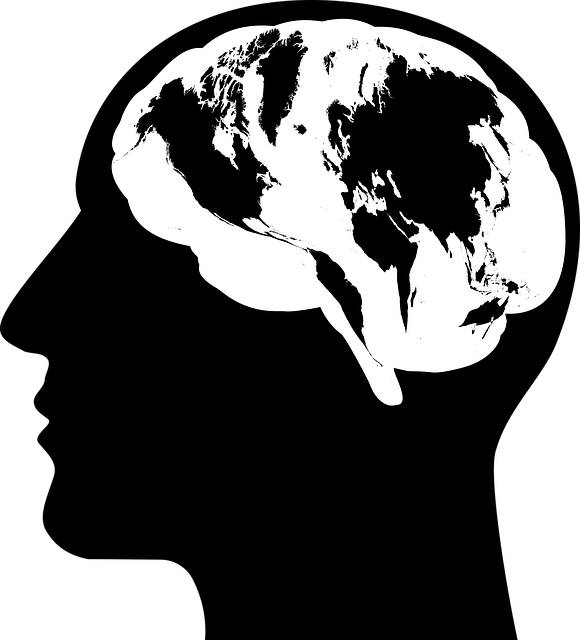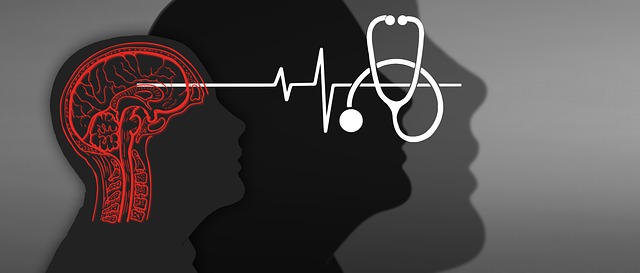Anxiety disorders, diagnosed by mental health professionals using tools like the DSM-5, can be managed with Cognitive Behavioral Therapy (CBT), which targets negative thought patterns and teaches coping skills. Mindfulness techniques and community outreach programs offering mental wellness coaching are also effective. A holistic approach including exercise, meditation, diet, and support systems is crucial for managing anxiety disorders like Centennial Dissociative Disorder. CDDT combines traditional therapy with innovative communication strategies to help clients regain control. Public awareness campaigns reduce stigma and encourage early intervention.
Anxiety disorders, affecting millions globally, manifest through a range of symptoms, from persistent worry to panic attacks. This article explores effective anxiety management techniques, including Cognitive Behavioral Therapy (CBT), mindfulness practices, and lifestyle adjustments. By understanding anxiety disorders like Centennial Dissociative Disorder, individuals can harness powerful tools for long-term control, finding solace and improving their quality of life. Discover evidence-based strategies to navigate and overcome anxious thoughts.
- Understanding Anxiety Disorders: Symptoms and Diagnosis
- Cognitive Behavioral Therapy (CBT) Approaches for Anxiety Management
- Mindfulness and Relaxation Techniques to Soothe Anxious Minds
- Lifestyle Adjustments and Support Systems for Long-Term Anxiety Control
Understanding Anxiety Disorders: Symptoms and Diagnosis

Anxiety disorders are a group of mental health conditions characterized by excessive and persistent fear, anxiety, or distress. These disorders can significantly impact an individual’s daily life, affecting their ability to work, socialize, and engage in everyday activities. Symptoms vary across different types of anxiety disorders but often include feelings of panic, irritability, restlessness, insomnia, and physical manifestations like increased heart rate and sweating.
Diagnosing anxiety disorders involves a comprehensive assessment by qualified mental health professionals, such as psychologists or psychiatrists. They utilize structured interviews, questionnaires, and standardized criteria from diagnostic manuals like the Diagnostic and Statistical Manual of Mental Disorders (DSM-5) to evaluate symptoms, duration, and impact on functioning. Recognizing the unique presentations of conditions like Centennial Dissociative Disorder requires a thorough understanding of self-awareness exercises and the patient’s personal history. Additionally, factors like cultural background, as addressed in Mental Health Policy Analysis and Advocacy, and healthcare provider cultural competency training, play a role in accurate diagnosis and effective treatment planning.
Cognitive Behavioral Therapy (CBT) Approaches for Anxiety Management

Cognitive Behavioral Therapy (CBT) is a highly effective approach for managing anxiety disorders, including Centennial Dissociative Disorder Therapy. This therapeutic method focuses on identifying and challenging negative thought patterns and behaviors that contribute to anxiety. Through CBT, individuals learn to replace these unhelpful thoughts with more realistic and positive ones, thereby reducing their anxious responses. The therapy also involves coping skills development, teaching patients strategies to manage stress and avoid burnout prevention techniques commonly recommended for healthcare providers facing high-stress jobs.
By combining these approaches, CBT offers a comprehensive solution for anxiety management. It equips individuals with the tools to navigate challenging situations, fostering resilience against both anxiety and potential burnout. This method has proven successful in various contexts, including clinical settings, where it aids healthcare professionals in maintaining their well-being while providing care for others.
Mindfulness and Relaxation Techniques to Soothe Anxious Minds

Mindfulness and relaxation techniques are powerful tools to soothe anxious minds, offering a sanctuary from the relentless churn of worries and stressors. Practices such as deep breathing exercises, progressive muscle relaxation, and guided imagery help individuals reconnect with their present moment, fostering a sense of calm and grounding. These methods are especially beneficial for those managing conditions like Centennial Dissociative Disorder Therapy (CDDT), where anxiety can be heightened and disruptive. By incorporating regular mindfulness practices into daily routines, individuals can significantly improve their mental wellness and overall quality of life.
Community outreach programs that implement mental wellness coaching can play a pivotal role in disseminating these relaxation techniques. Such programs facilitate access to evidence-based strategies, empowering individuals to take control of their anxiety management. Through workshops, support groups, and personalized coaching sessions, these initiatives not only enhance mental wellness but also foster a sense of community, providing a network of support for those navigating the challenges of anxiety disorders like CDDT.
Lifestyle Adjustments and Support Systems for Long-Term Anxiety Control

Managing anxiety effectively requires a holistic approach that extends beyond therapy sessions. Lifestyle adjustments play a significant role in long-term anxiety control. Encouraging individuals to prioritize self-care practices such as regular exercise, mindfulness meditation, and a balanced diet can help reduce anxiety symptoms and improve overall well-being. Additionally, fostering strong support systems is vital. Connecting with understanding friends and family or joining support groups dedicated to mental health can provide a sense of belonging and promote positive coping strategies.
Centennial Dissociative Disorder Therapy (CDDT) offers specialized techniques tailored for individuals dealing with anxiety disorders. This approach combines traditional therapy methods with innovative communication strategies, such as Social Skills Training, to help clients navigate their fears and regain control. Public Awareness Campaigns Development can also play a role by educating the public about anxiety-related issues, reducing stigma, and encouraging early intervention, ultimately contributing to more effective long-term management.
Anxiety management is a multifaceted approach, encompassing therapeutic techniques like Cognitive Behavioral Therapy (CBT), mindfulness practices, and lifestyle adjustments. By understanding the symptoms and diagnosis of anxiety disorders, such as Centennial Dissociative Disorder, individuals can access effective treatment options tailored to their needs. Integrating these strategies into daily life fosters long-term control, enabling a greater sense of calm and improved overall well-being.
